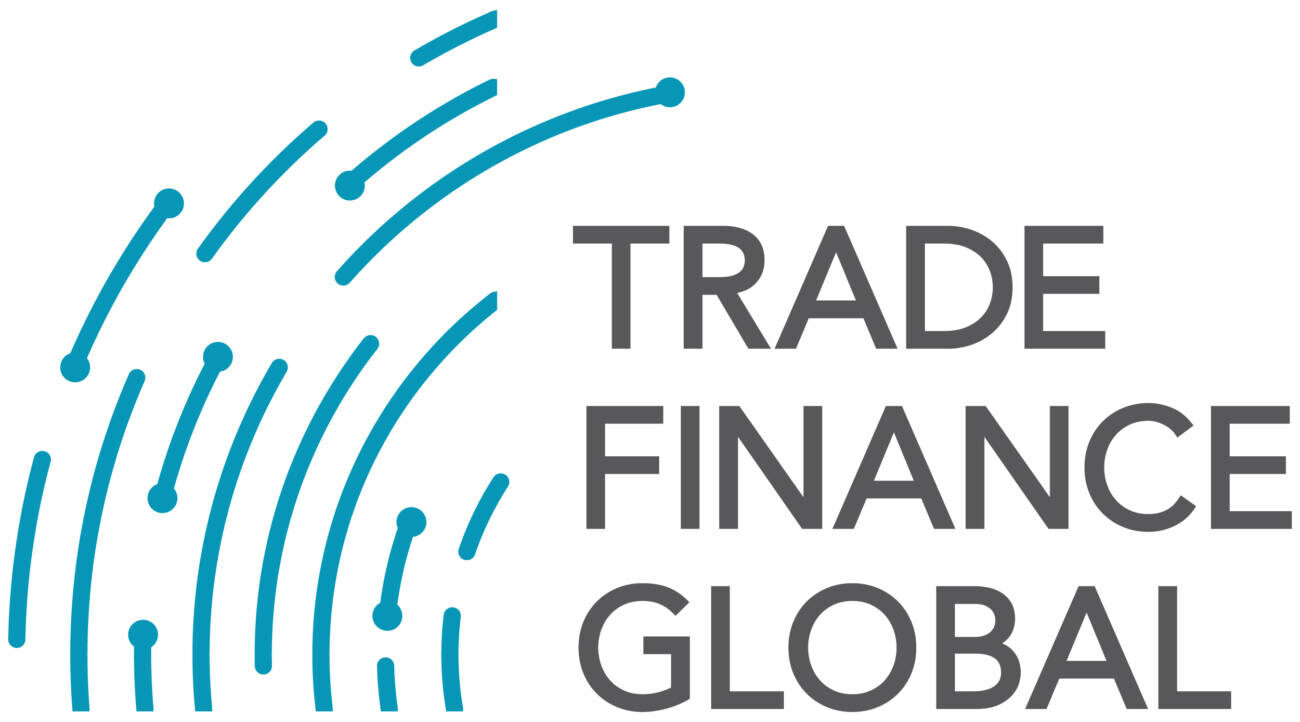Estimated reading time: 3 minutes
Lloyds Bank published its “Trade Insights: The changing face of UK trade” report, offering a comprehensive analysis of the evolving landscape of UK trade.
The report highlights the transformative changes that have occurred in recent years, particularly in the wake of the UK’s exit from the European Union and COVID-19. It also highlights the opportunities and challenges that lie ahead for UK businesses engaged in international trade.
Key takeaways
A new geopolitical landscape
The UK is redefining its place in the global trade arena. It has formally signed the Protocol of Accession to join the Comprehensive and Progressive Agreement for Trans-Pacific Partnership (CPTPP), which will come into effect in the latter half of 2024. This move signifies the UK’s shift towards high-growth emerging markets, particularly in the East.
Digitalisation of trade
The Electronic Trade Documents Act, effective from 20 September 2023, is a game-changer. It legalises digital versions of key trade documents, making trade processes faster, more efficient, and environmentally sustainable.
Changing import dynamics
The COVID-19 pandemic has led to a reevaluation of supply chain resilience. Businesses are now focusing more on local, reliable suppliers. The United States, Germany, and China remain the UK’s most valuable import markets, but there is a noticeable shift in import values.
Export diversification
The UK is exploring new markets for exports. While the United States remains the top export market, there is significant growth in exports to the Netherlands, Ireland, and France. The report also notes a rising interest in Asian markets like India, Hong Kong, and South Korea.
Preparing for digital trade
The report offers a roadmap for businesses to prepare for the digitalisation of trade. It advises companies to review their internal policies, understand their document usage, and track their bank’s digitalisation journey.
Implications for businesses
- Strategic realignment: Businesses should consider diversifying their trade partners and focus on high-growth emerging markets.
- Embrace digitalisation: The new legislation offers an opportunity to streamline operations. Businesses should assess their readiness for digital trade.
- Supply chain resilience: Companies should evaluate their supply chains for reliability and sustainability, especially in the wake of the COVID-19 pandemic.
- Export opportunities: Businesses should look to diversify their export markets, taking advantage of the government’s ambition to increase the value of exports to £1 trillion by 2030.
- Stay informed: Keeping abreast of legislative changes and global trends will be crucial for businesses to navigate the changing landscape effectively.
The Lloyds Bank report serves as a comprehensive guide for UK businesses navigating the evolving trade landscape. With geopolitical shifts, digital transformation, and changing import-export dynamics, UK businesses face both challenges and opportunities. Adapting to these changes is not just a necessity but an opportunity to innovate, grow, and sustain in the new era of global trade.
How to prepare for digital trade?
- Check the availability of digital documents
- Understand your own usage
- Scrutinise your policies
- Track your bank’s digitalisation journey
- Consider digitalising elements of the full transaction
The “Trade Insights: The changing face of UK trade” report serves as a comprehensive guide for UK businesses navigating the evolving trade landscape.
With geopolitical shifts, digital transformation, and changing import-export dynamics, UK businesses face both challenges and opportunities. Adapting to these changes is not just a necessity but an opportunity to innovate, grow, and sustain in the new era of global trade.
Read Lloyds Banks’ earlier report here.

